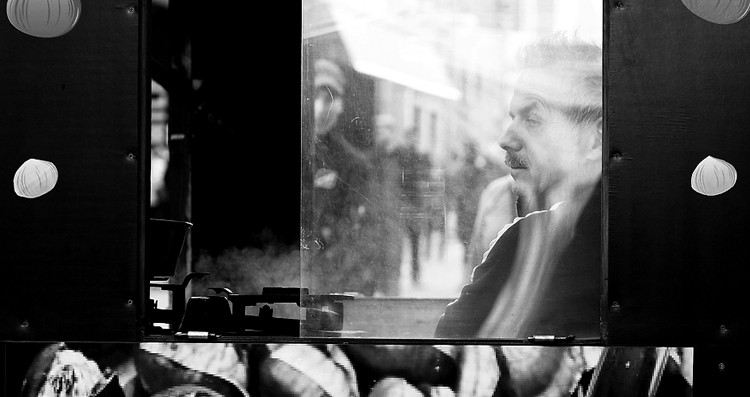Books & Culture
Against All Odds: The Bazaar of Bad Dreams by Stephen King

In the introduction to his sixth collection of short stories, Stephen King, one of the most recognizable and successful authors to have ever walked the earth, emphasizes the “handcrafted” nature of his creations. It’s an engaging notion. Here, the man who has published more than 50 novels, all of them bestsellers, lays bare his feelings of inadequacy as a short story writer before ultimately declaring that his newest batch is something even he can be proud of. It’s classic King: endearing, direct, and more than a little folksy. He is the seller of goods, and you, the constant reader, are his consumer.
It’s also a rather disquieting way to kick off a book, more often coming off as defensive rather than relatable. At this point in his career, King has proven that he can do a little bit of everything — no one could argue otherwise — though he is perhaps still best known as a writer of supernatural horror and dark fantasy. Still, there’s this nagging sense that he feels the need to remind readers that yes, he’s perfectly capable of telling a straight story. In other words, if King’s introduction paints him as the seller of goods, he does so by positioning himself beneath a sign that proclaims “buyer beware.”
With this in mind, The Bazaar of Bad Dreams functions as something of a career retrospective, a showcase of his various (and very demonstrable) talents. There are stories that exemplify the macabre and fantastic tendencies that first made King a household name (“Mile 81,” “Bad Little Kid,” “The Little Green God of Agony,” “Obits”), and others that successfully demonstrate a more literary quality, indicative of his more subdued and reflective later years (“Premium Harmony,” “Batman and Robin Have an Altercation,” “A Death,” “Herman Wouk is Still Alive”). All of these stories are pretty good, if not very good, though not everything included here is quite so successful. The two long poems, “The Bone Church” and “Tommy,” are largely forgettable. And a few of the other stories feel like sketches at best, or, at worst, like they’re mere exercises in building up to a punchline (“The Dune,” “Afterlife,” “Under the Weather,” “Mister Yummy”).
The best of the bunch, however, are as good as anything King has written. The novella “Blockade Billy,” which initially feels like the generic story of a simple-minded baseball phenom, is actually a great piece of historical sports writing — with an unexpected, and wholly fitting ending. “Morality” is a tightly wound, deep-cutting story about the dangers of compromising one’s — you guessed it — morals. The whole thing is harrowing, and told with the psychological complexity of a Polanski film. And, finally, despite loathing the idea of a story that was written as a promotional vehicle for Amazon’s Kindle, I have to admit that “Ur” quickly pulled me in with its peculiar logic and brilliant pacing. It’s a silly story, somewhat in the same vein as King’s much, much longer novel, 11/22/63. Against all odds, King makes it work. And then there’s “Summer Thunder,” the collection’s final story, which is a simmering, quiet take on the end of the world that is absolutely gut wrenching.
King’s recent work has been largely consistent in terms of quality. Sure, the man still occasionally writes weirdly anachronistic dialogue, and okay, some of the stories feel a bit predictable, like retreads from an especially lengthy and visible bibliography. But The Bazaar of Bad Dreams is every bit as deserving of your time as King’s other great, late-career collection, Just After Sunset. Here’s hoping the bazaar remains open for many more years to come.









